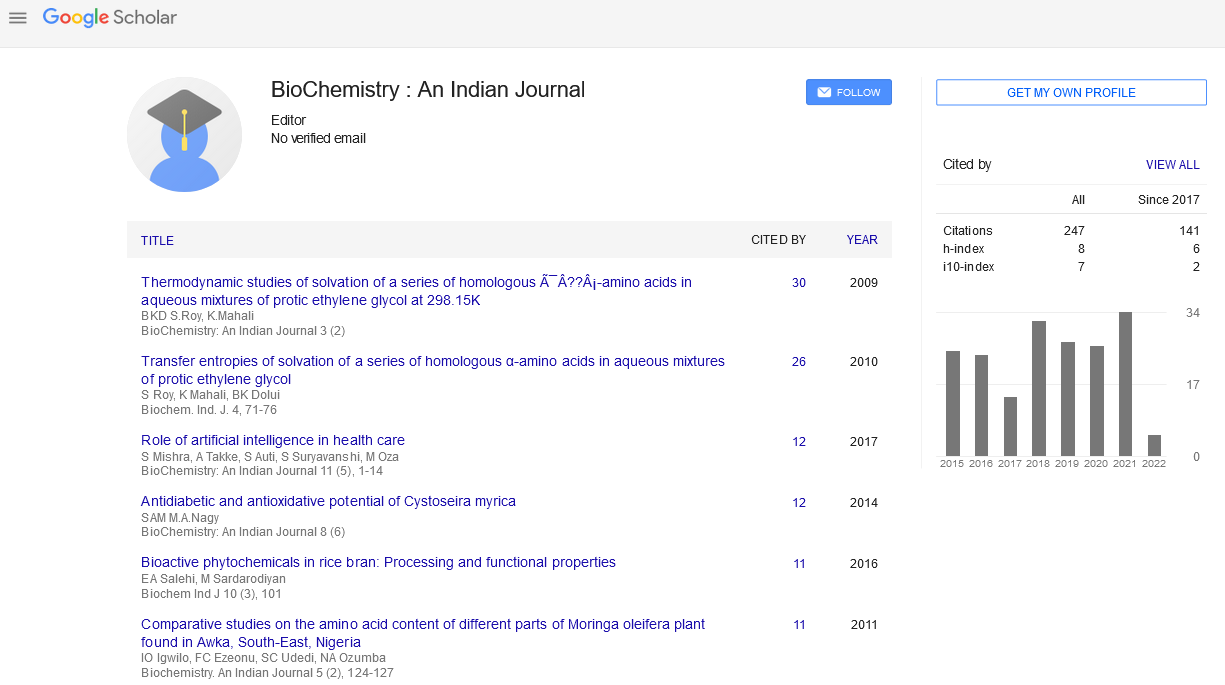Abstract
Interleukin-4 and interleukin-4 receptor alpha polymorphisms in atopic dermatitis: A case-control study
Author(s):Faten Zahran, Yousri M.Hussein, Esmat Ashour, Magda Sayed, Sally M.Shalaby, Noha BakrBackground: Several lines of evidence suggest that the interleukin-4 (IL- 4) is involved in the development of atopic diseases. Objective: To determinewhether IL-4 and IL-4Rá polymorphisms are associated with susceptibility to dermatitis in Egyptian children, and to evaluate their effects on serumimmunoglobulin E (IgE) and serumIL-4 levels. Methods:We genotyped three groups of children, consisting of 50 atopic dermatitis (AD) children, 50 non-AD children, and equal number of healthy controls, for IL-4 (Â590C/T) and IL-4Rá (I50V) genes polymorphisms using PCR-RFLP assay. Total serumIgE and serumIL-4 levels were detected by ELISA. Results: There was a non significant association of IL-4 -590C/T polymorphismin children with non-AD or those withAD when compared with the controls (P= 0.8, 0.4 respectively).We identified a significant association between IL-4Rá I50V polymorphism and dermatitis susceptibility in AD (p= 0.002), whereas no such association was observed in non-AD group (p=0.7). Evidence of gene interactions between both polymorphisms was found. Furthermore, there was no relation between each polymorphism and serum IL-4 level (p>0.05 for each) while homozygosity for the risk alleles of IL-4 -590 C/T and IL-4Rï¡I50Vwere significantly associated with increased total IgE levels in all studied groups. Conclusion: In Egyptian children, the IL-4Rá (I50V) may play a role in susceptibility toAD. In addition, gene-gene interaction between the IL-4 - 590T and the IL-4Rá G allele significantly increases an individualÂs susceptibility to AD. Both polymorphisms may be involved in the control of IgE production.

